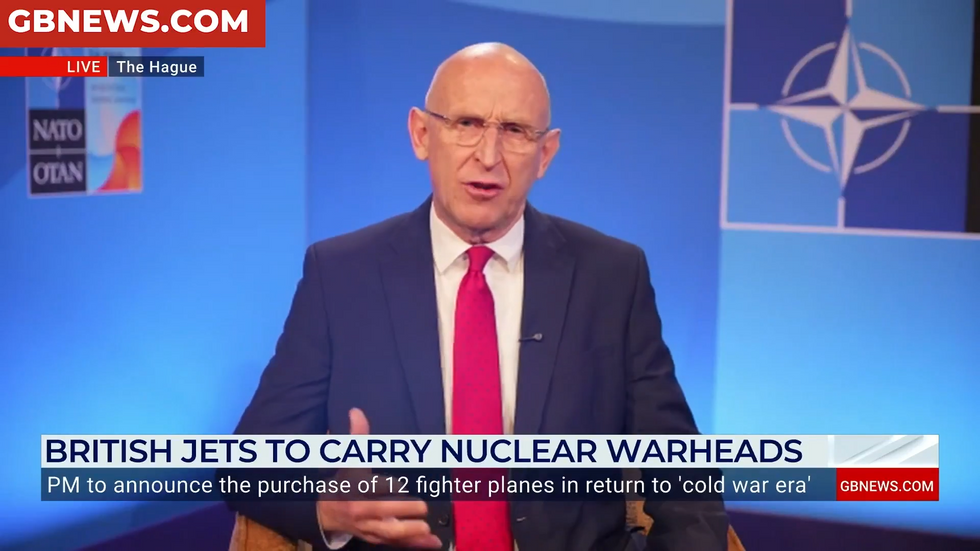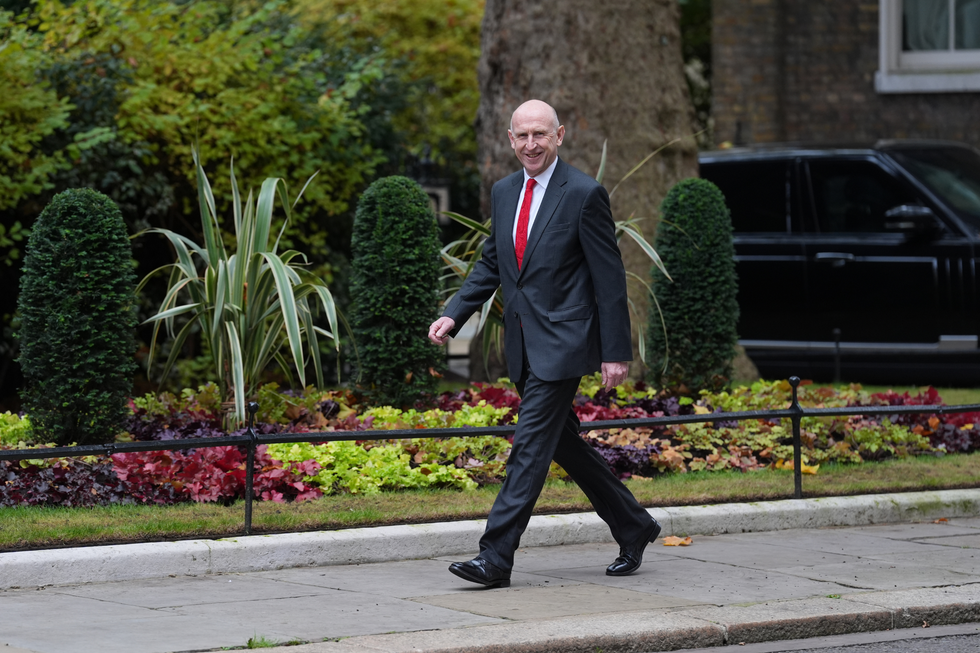



Defence Secretary John Healey has revealed that Britain faced 90,000 cyber attacks from hostile states including Russia over the past year, admitting he was shocked by the scale of threats facing the UK.
Speaking on GB News, Healey said: "We are under constant attack. I came in as Defence Secretary less than a year ago and I have been quite taken aback, I have to say, to find that over the last year, we've had 90,000 direct attacks on different parts of defence that we can link to hostile states, including Russia."
The admission came as the government published its National Security Strategy on Tuesday, which warns of increasing threats to the UK homeland from state actors.
Healey highlighted the growing threat from Russian activity around Britain's critical infrastructure. "We've seen increasing Russian activity around our underwater sea cables and it's really telling us that in this world of increasing uncertainty, we have to take the defence of our homeland more seriously," he said.

John Healey admitted one aspect of the job surprised him
GB NEWS
The Defence Secretary emphasised that these revelations underscore the importance of the National Security Strategy published on Tuesday. "That is at the heart of the National Security Strategy published yesterday," Healey stated.
He also noted that homeland resilience would be central to NATO discussions. "It's also at the heart of the debate at NATO this afternoon where NATO leaders will recognise the importance of homeland resilience, it will recognise the importance of homeland security, energy security, cyber security and border security."
NATO leaders are expected to make a historic commitment to increase defence spending to five per cent of GDP by 2035, according to Healey.
"This will be part of a historic commitment NATO leaders are expected to make this afternoon to increase core defence and this wider national resilience spending to five per cent in a decade's time in 2035," the Defence Secretary said.

John Healey spoke to Eamonn Holmes and Ellie Costello on GB News
GB NEWS
The National Security Strategy confirms the UK will meet this pledge, with spending projected to split between 3.5 per cent for core defence and 1.5 per cent for resilience and security.
The government expects national security spending to reach at least 4.1 per cent of GDP by 2027, though details on funding the additional £40 billion required by 2035 remain unclear.
The National Security Strategy warns that Britain must "actively prepare" for the possibility of war on home soil, marking a stark shift in the UK's security posture.
The document states: "For the first time in many years, we have to actively prepare for the possibility of the UK homeland coming under direct threat, potentially in a wartime scenario."
 John Healey pictured on Downing Street PA
John Healey pictured on Downing Street PA
Prime Minister Keir Starmer acknowledged the current era as one of "radical uncertainty" in the strategy's foreword, calling for a World War Two-style collective national effort.
The strategy cautions that nuclear weapons management is becoming "more complex than it was even in the Cold War", with more states possessing nuclear capabilities and international arms control frameworks failing to keep pace.
It also warns of increasing collusion between hostile states, terrorists and criminal groups targeting British territory.
The strategy outlines a comprehensive approach built on three pillars: security at home, strength abroad, and increasing sovereign and asymmetric capabilities.
Key commitments include expanding the UK's sovereign compute capacity by at least 20 times by 2030 and maintaining the AI Security Institute as "the world's largest government team dedicated to AI security".
The government plans to create AI Growth Zones with enhanced access to power and planning support, with the UKAEA Culham Campus set to host a 100 MW data centre with ambitions to grow to 500 MW.
The strategy also promises to rebuild Britain's defence industrial base, including building at least six new munitions factories and procuring up to 7,000 UK-built long-range weapons.
